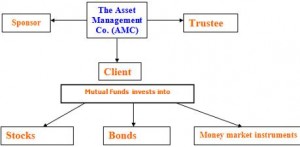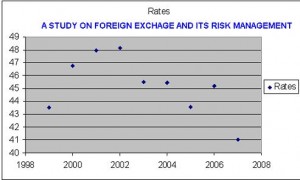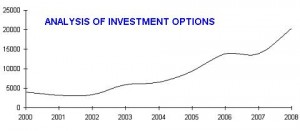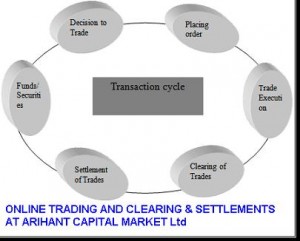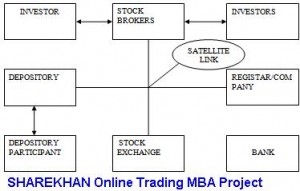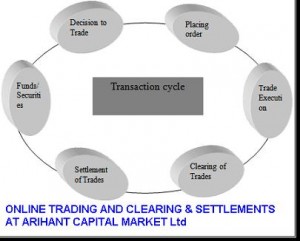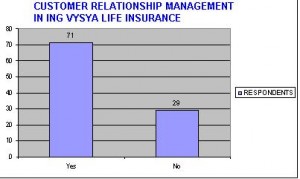Transformers are classified into broad categories and classification according to Rating, Core, Cooling, Voltage class. For our understanding, we consider only two types of transformers.
1) Step-up Transformer and
2) Step-down Transformer
Step-up Transformer: If the secondary voltage is more than the primary voltage, it is called step-up Transformer.
Step-down Transformer: If the secondary voltage is less than the primary voltage, it is called step-down transformer.
Transformers are among the most efficient machines 95% efficiency being common in lower capacity ranges, while an efficiency of the order of 99%is achievable in high capacity; transport constraints, handling facilities, etc. being the limiting factors. The lower limit is governed by the allowable no-load loss.
OBJECTIVES OF THE STUDY
The study is based on the following objectives:
1. To study the growth and development of the transformer manufacturing industry in general.
2. To study the profile of the Vijai Electricals Ltd.
3. To evaluate the financial performance of the Vijai Electricals Ltd., by calculating Liquidity Ratio, Leverage Ratios, Turnover Ratios & Profitability Ratios.
METHODOLOGY OF THE STUDY
The Data is collected from the following two sources:
1. Primary Sources:
Most of the information is collected from:
-Personal observation by visiting Different departments.
-Personal Interview.
2. Secondary Sources:
1. Published material about VE Ltd., such as the annual reports of the last five years.
2. Survey of Transformer Industry published in various Manuals and journals.
3. Internal records and files of V.E. Ltd. including information reports.
4. Advertisements published in various magazines and various rented books.
LIMITATIONS OF THE STUDY
The Ratio Analysis of Vijai Electricals Ltd MBA Final Year Project study has been conducted in a systematic and comprehensive way so as to make the project work an enviable one. However, the topic under study may not be free from limitations due to the facts.
The major limitation of the project under study was time. Since it was to be completed within a short period of time. Which is not sufficient to undertake a comprehensive study.
Non-availability of complete information is also a limit.
SUMMARY
Transformer industry has been in existence in India for the past one century. The public sector gaint BHEL used has been a leading player in the industry in post independence era. Since 1970s the private sector industries have made great strides and made their presence felt.
VEL since establishment in the year 1973 has made leaps and bounds and today has grown into one of the most sophisticated and quality conscious companies in the field of transformer manufacturing in India as well as Asia. Today it has well integrated facilities for the manufacture of transformers from 5kva rating to 10000 MVA. The company’s enviable achievement in terms of sales, profitability and market is due to its steadfast commitment to quality even during tough times. The company has fully integrated facilities due to the backward integration projects undertaken by the company during the last one decade.
Due to the integration projects the company could cut down on costs without compromising on quality. The Gross Profit margin of nearly 25% is one of the visible parameters of this achievement.
FINDINGS
1. The performance of the company has been very good since the past three years. It
has turned the corner from being a loss making unit for three years to a highly profit making concern.
2. The Current Ratio of the company is very high due to high receivables and inventory, which is due to the nature of business. The Quick ratio is well above the 1:1 level due to high receivables.
3. The Net Working Capital has also been increasing steadily and it reached a level o of Rs.53 crore.
4. The debt equity ratio has been decreasing steadily except for the year 2000-01 during which it has procured additional loans. The present level of 0.72 is very good for this type of industry.
5. The Interest coverage ratio has also improved steadily and it’s 4.47 which indicates a very comfortable position.
6. Inventory turnover ratio which indicates the efficient utilization of inventory has increased steadily over the past five years.
7. The Debtors Turnover Ratio and the average collection period ratio have shown
steady improvement indicating an improved cash flow position.
8. The fixed assets turnover ratio has also shown good improvement over the past
five years. The current level of 3.24 is very good given the level of assets of the company.
9. The Gross Profit and Net Profit margin have increased significantly during the last
three years given the losses during the years 1999 & 2000. Since 2001 the improvement has been very good.
Download Ratio Analysis of Vijai Electricals Ltd MBA Student Project.

